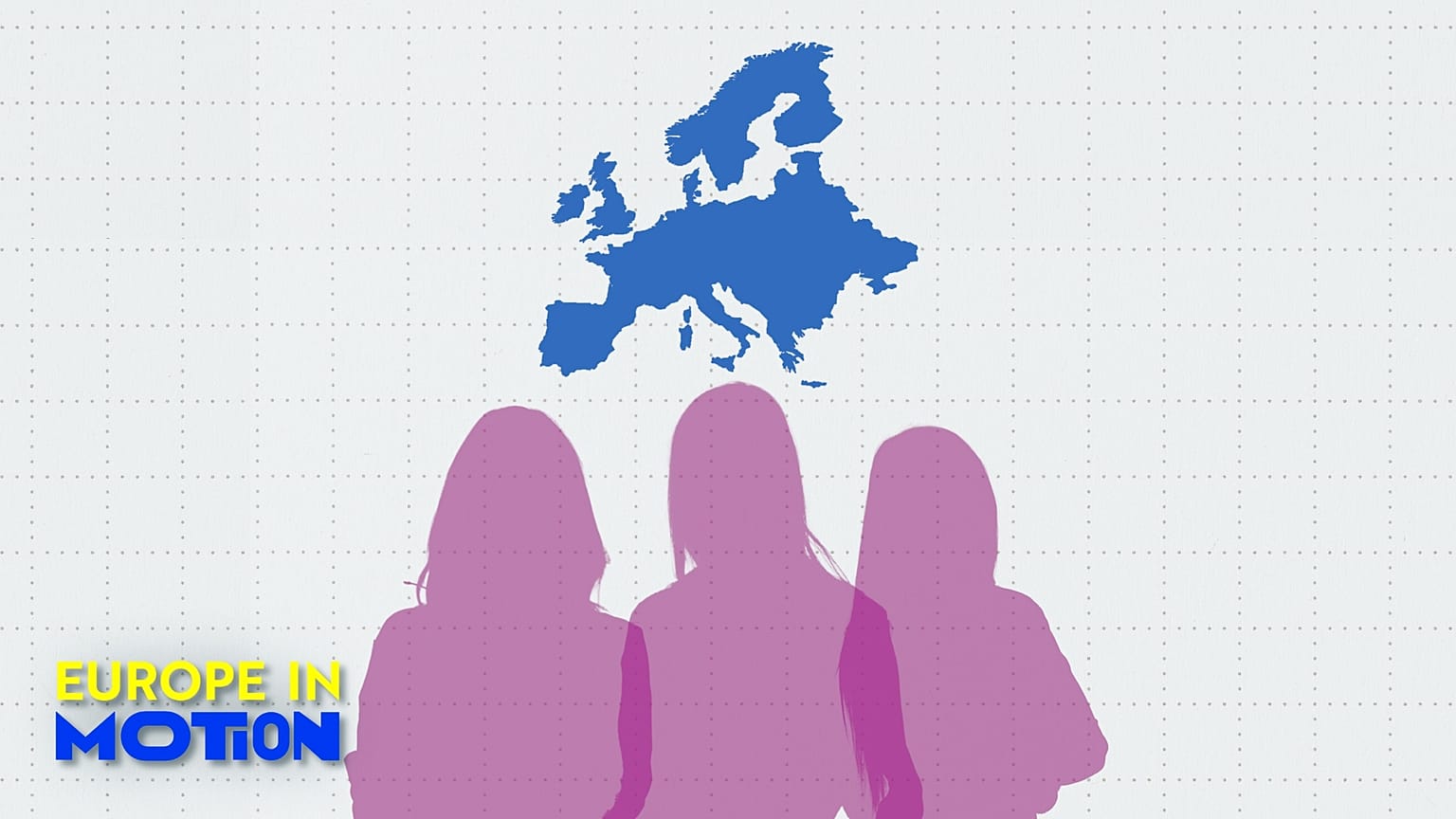Female representation is making progress in European parliaments as well as governments.
The share of women with seats in national governments and parliaments is growing across the European continent.
In 2024, women held around 35% of national government posts, a 7.4% increase over the past decade, according to the latest Eurostat data.
Finland and Lichtenstein take the lead with a 60% share each, followed by Belgium and the UK with 51%.
Hungary is at the bottom, with no women in government positions.
In 2022, however, the country elected its first female president - Katalin Novák. She held the post until her resignation, in 2024, following a series of controversial presidential pardons.
Female representation is also making progress in European national parliaments.
Over one-third of parliamentarians in the EU are female, a 5.6% increase from 10 years ago.
The largest growth in the past decade took place in Malta, with a 15% increase, Latvia with 13% and France with 10%.
Iceland currently has the largest share across Europe, with women holding 49% of seats.
The country is followed by Sweden, with 45.6%, Finland (45.5%), and Denmark (44.7%).
On the other hand, Cyprus (14.3%), Hungary (14.6%) and Romania (19.5%) have the lowest share.















